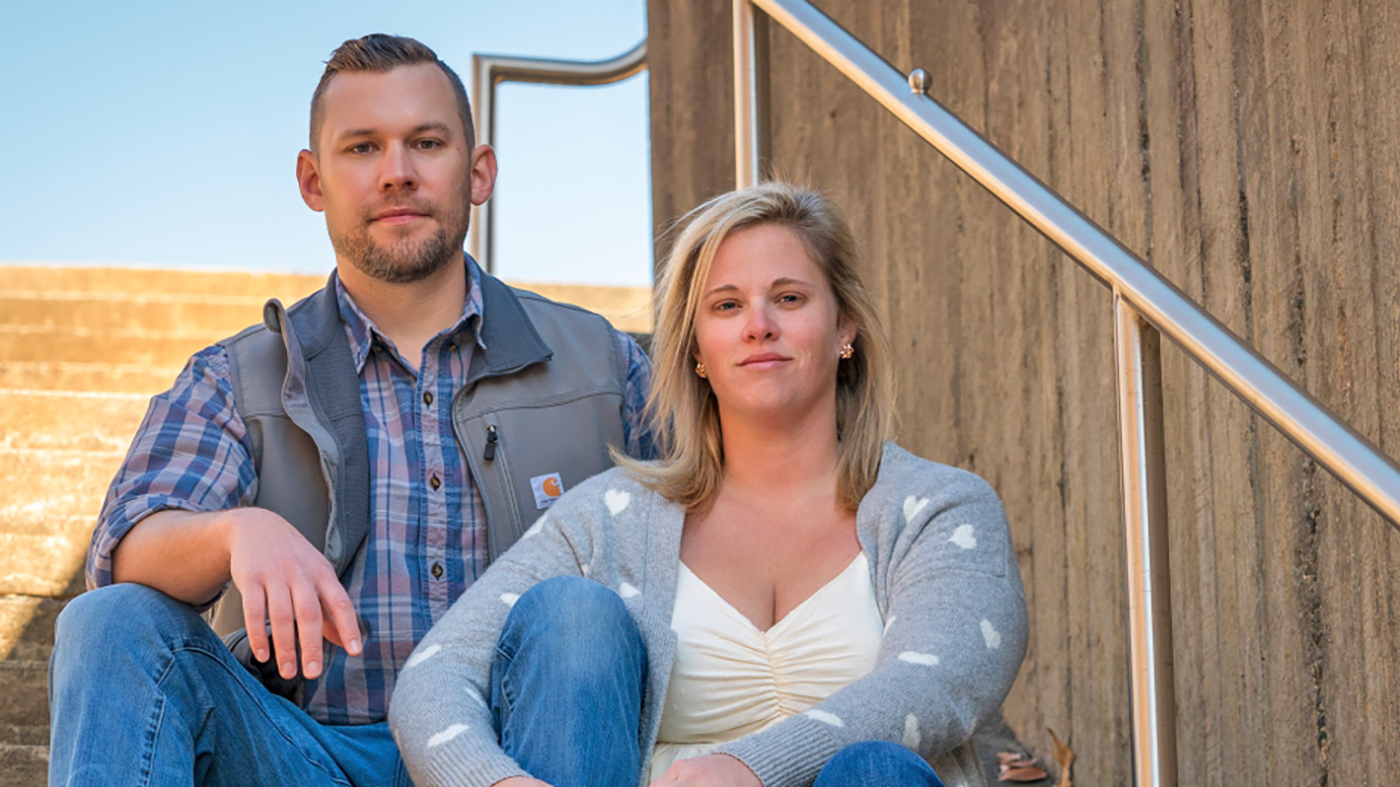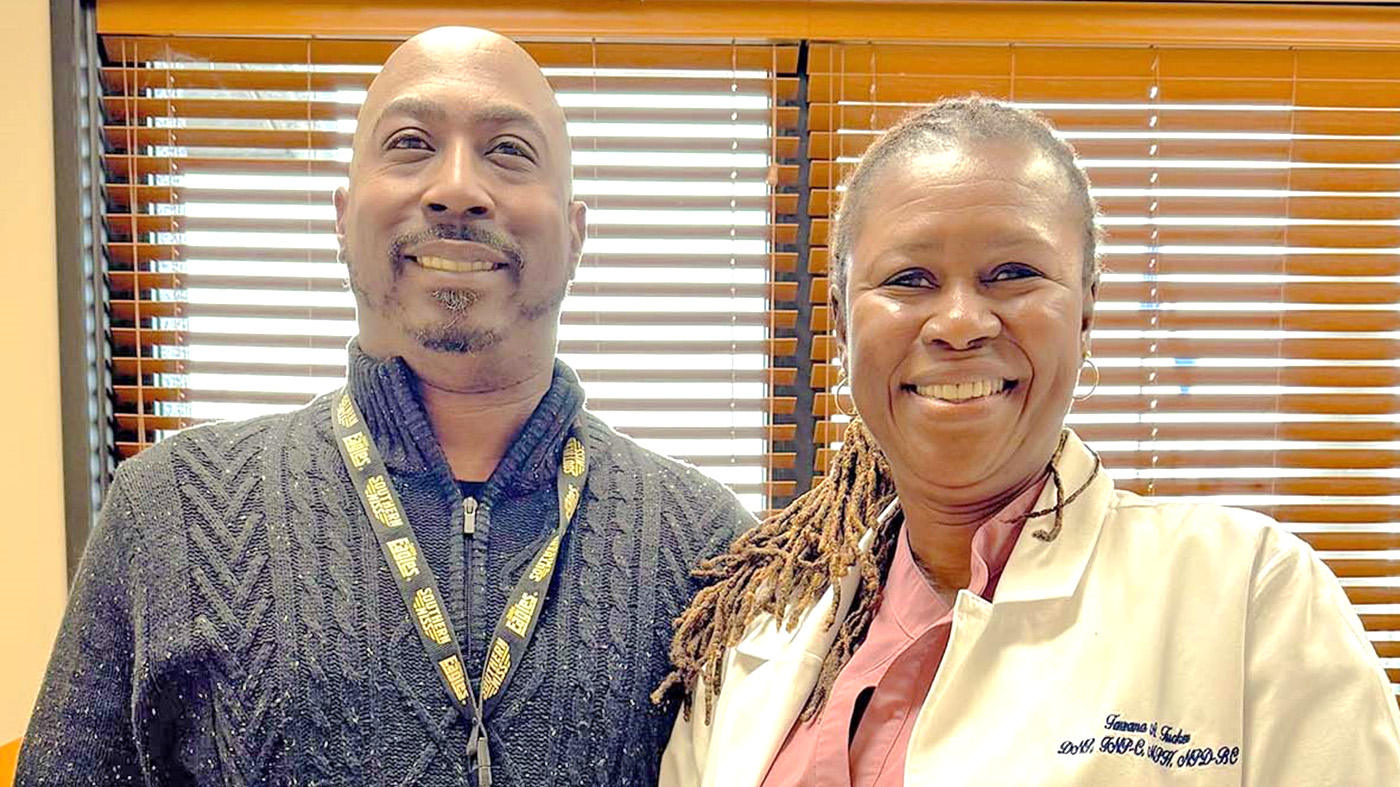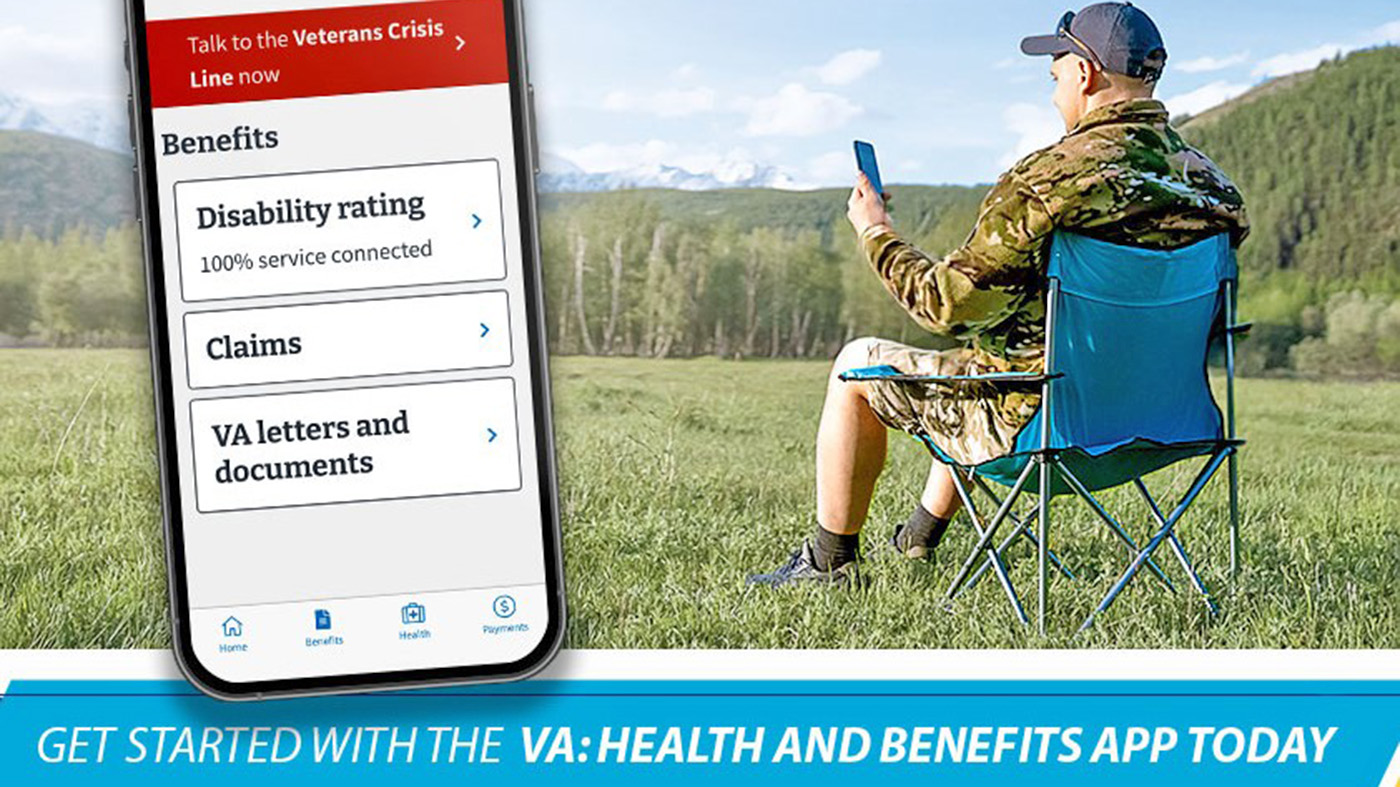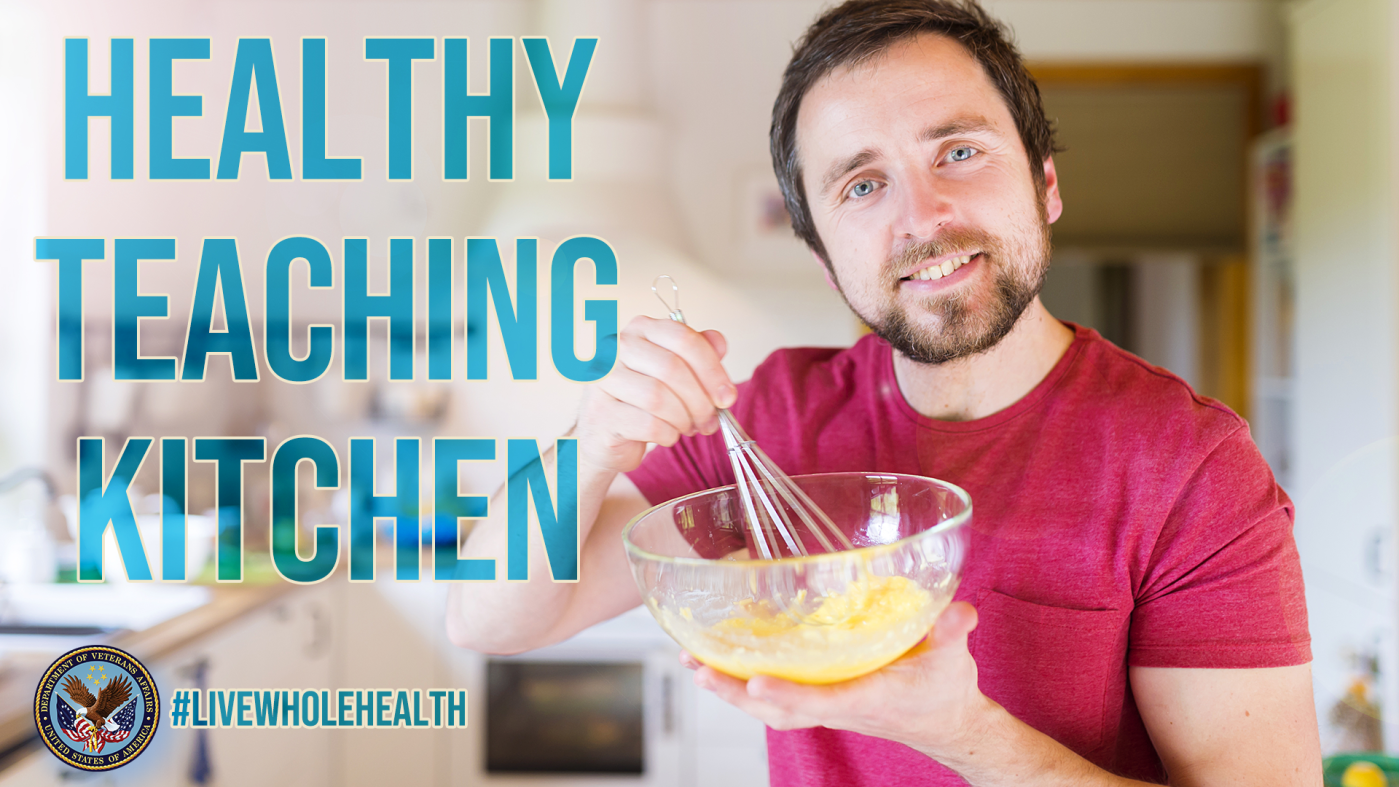You may think VA only works with Veterans at VA-owned facilities like medical centers, Vet Centers and VA regional offices. While VA does offer comprehensive benefits and health care services at hundreds of sites across the country, we also expand our programs and initiatives beyond VA facilities to ensure we reach all Veterans, even those who don’t use our services.
This is especially important with suicide prevention.
We know from talking with Veterans from different service eras and backgrounds that Veterans are more likely to be receptive to advice and information coming from sources they trust: Their fellow Veterans, friends and relatives, Veteran organizations and local organizations.
By providing community-based and Veteran-centric organizations with suicide prevention resources, we increase the chances of reaching Veterans and their supporters where they are.
We do this by encouraging suicide prevention coordinators (SPCs) located in each VA medical center across the country to make connections with community groups, businesses and academic institutions to share VA resources and educational materials.
How coordinators support local organizations
SPCs can collaborate with local organizations to share suicide prevention best practices and improve the community’s awareness of suicide risk and protective factors, military culture, firearm and medication secure storage and resources like the Veterans Crisis Line.
I’ve spoken to a few of them about their work with local organizations and I can tell you they are passionate about helping Veterans. They know some Veterans only want community services, so they’re happy to partner with local organizations to provide what Veterans need.
You may see an SPC hosting a VA S.A.V.E. training event, speaking at a community program or distributing information about VA resources at local events.
The following is a brief list of what SPCs can provide to your organization:
- Information on how to help Veterans enroll in and navigate the VA system
- Information about what Veterans can expect when they call the Veterans Crisis Line
- Information about how Veterans can start treatment
- Details on how to help Veterans access specific VA programs focused on employment assistance, housing or financial-related services, women Veterans, LGBTQ+ Veterans or Veteran caregivers
- Help to remove any barriers Veterans face in getting the support they need such as transportation issues, problems accessing a phone or lack of internet connectivity
- Promotional items, like magnets, totes, pens, stickers and coasters with the Veterans Crisis Line contact information
- Free cable gun locks and medication storage boxes
SPCs are always looking for ways to spread the word about VA suicide prevention. They also provide information on how to access resources so they can reach the most Veterans with potentially lifesaving information.
How to contact your local SPC
If your organization works with Veterans, your local SPC may contact you to share information or gauge your interest in building a coalition or partnership.
You can find your local SPC using our local resources website. You also can reach out to discuss opportunities to collaborate or receive VA materials like brochures, cable gun locks and promotional items.
A partnership could support local Veterans
You don’t have to be a mental health expert to help prevent Veteran suicide. Everyone has a role to play.
If your organization or business is able to reach Veterans or their supporters, consider getting in touch with an SPC. Dealing with a large health care system like VA may seem daunting, but our SPCs are here to simplify the process and make it easier to access suicide prevention resources so Veterans can get the care they need and deserve.
Please reach out today if you think a partnership could benefit the Veterans in your community.
Topics in this story
Link Disclaimer
This page includes links to other websites outside our control and jurisdiction. VA is not responsible for the privacy practices or the content of non-VA Web sites. We encourage you to review the privacy policy or terms and conditions of those sites to fully understand what information is collected and how it is used.
More Stories
When a Veteran explained a diabetic health issue to staff, they scheduled an immediate medical appointment.
With the VA Health and Benefits App, you can refill prescriptions, message your care team or check your VA benefits using your smartphone.
Chocolate lovers, rejoice! Enjoy a tasty, fun and healthy sweet treat with Truffle Imposters for this week's #LiveWholeHealth practice.






In my opinion, the best to prevent ” Veteran Suicides ” Treat the Veteran with RESPECT, adequate Health Care as ” Inpatient by Nurses & Social Workers…Stop the damn B.S. promises of Caring for Veterans…Stop OVER Medicating the Veterans with Drugs, rather than understanding by Health Providers, who really CARE…The Inpatient treatment is terrible, by some Nurses…